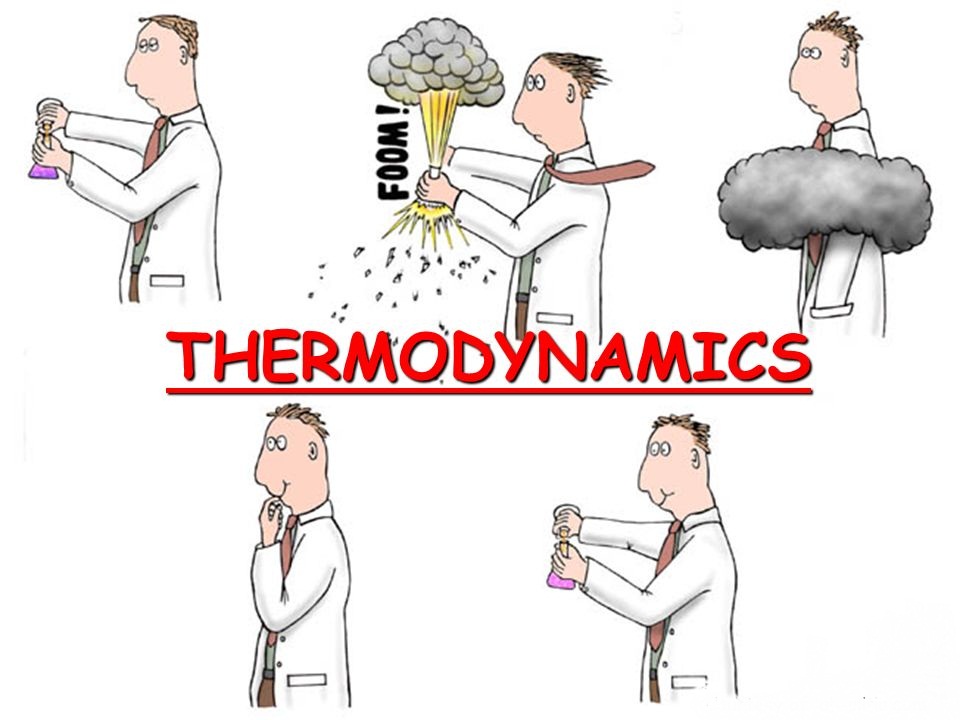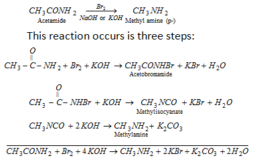Thermodynamics-

YouTube.com
Thermodynamics –
‘The branch of science that deals with the study of different forms of energy & their interconversion is called thermodynamics.”
System & Surroundings-
” A system is that part of the universe which is under thermodynamic study & the rest of the universe is surroundings.”
A definite amount of water contained in the beaker constitutes a thermodynamic system. The beaker & air in contact is the surroundings. Gas present in a cylinder fitted with piston constitutes system while the cylinder & piston & all objects outside the cylinder form the surroundings.
Types of System-
Isolated system-
A system that can neither exchange mass nor energy with the surroundings is called an isolated system. Tea in a thermos flask is an example of an isolated system, water in contact with its vapor in a closed vessel which is insulated are examples of isolated systems.
Closed system-
A system that can exchange energy but not mass with its surroundings is called a closed system. Hot coffee in a stainless steel flask is an example of a closed system because energy can be exchanged by surroundings but not mass.
Open system-
An open system can transfer both energy & matter to & from its surroundings.
Ex-
i) Hot coffee in a cup is an example of an open system. The water vapors (matter) & heat (energy) is transferred to the surroundings through the imaginary boundary.
ii) The Reaction of Zn with dilute HCl to give H2 gas. H2 gas(matter) escapes & energy is transferred to the surroundings
Types of Process-
When a thermodynamic system changes from one state to another, the operation is called a process.

YouTube.com
i) Isothermal process-
A process in which the temperature of the system remains constant. For the isothermal process , dT= 0
ii) Adiabatic process-
A process in which the system does not exchange heat with the surroundings. This process occurs in thermally insulated containers such as thermos flask. For the adiabatic process, dq = 0
iii) Isobaric process-
A process in which the pressure of the system remains constant. For the isobaric process, dp=0
Ex- Heating of water to its boiling point & its vaporisation take place at the same atmospheric pressure.
iv) Isochoric process-
A process in which the volume of the system remains constant. For the isochoric process, dv=0
Ex- The heating of a substance in a non-expanding chamber is an isochoric process.
v) Cyclic process-
A process in which the system undergoes a series of changes & ultimately returns to its original state is called cyclic process, dE=0, dH=0
vi) Reversible process-
A process in which the direction may be reversed at any stage by changing variables like temperature & pressure.
vi) Irreversible process-
An irreversible process is one in which the direction of the change can not be reversed by a small change in variables. These reactions are real one & all processes which naturally occur are irreversible.






